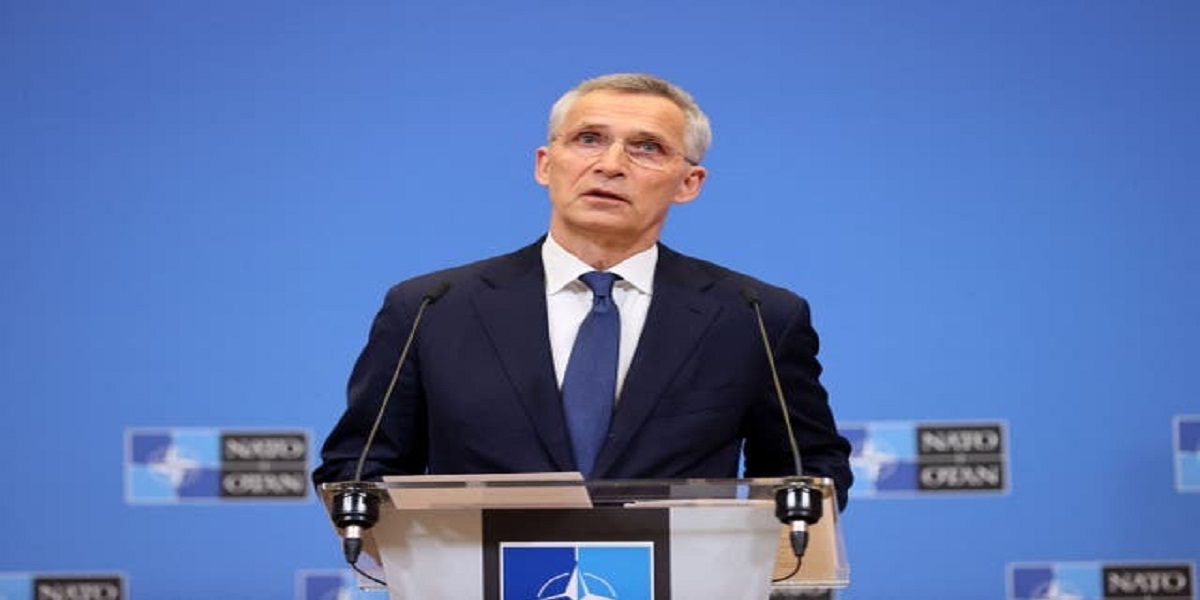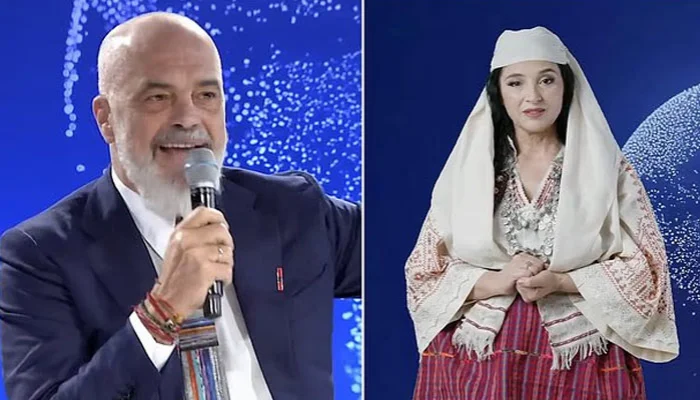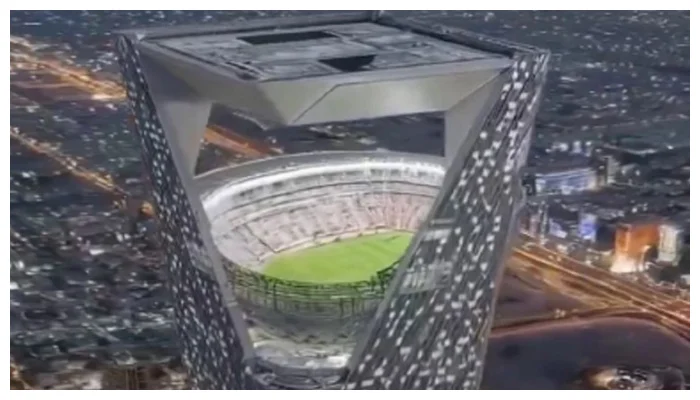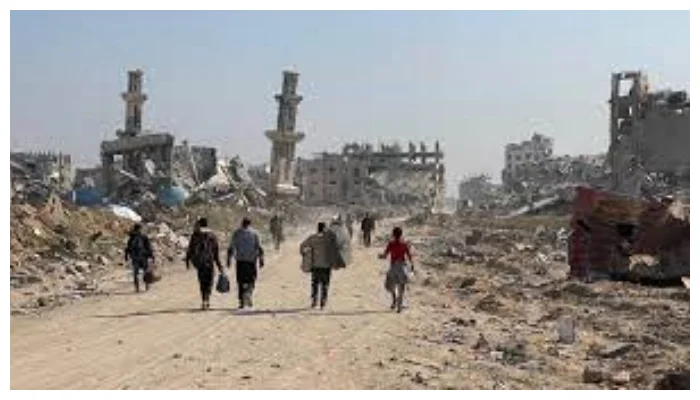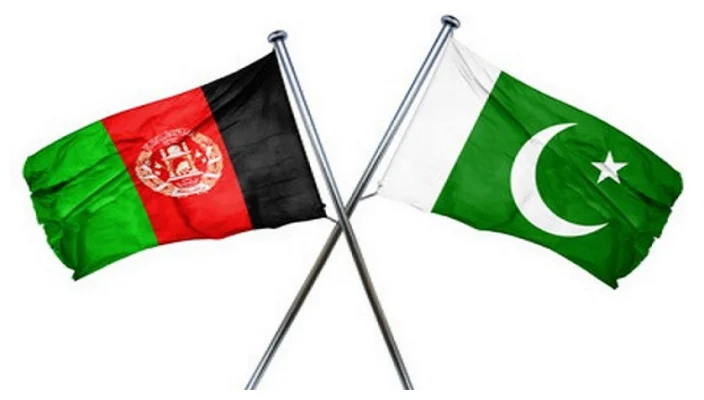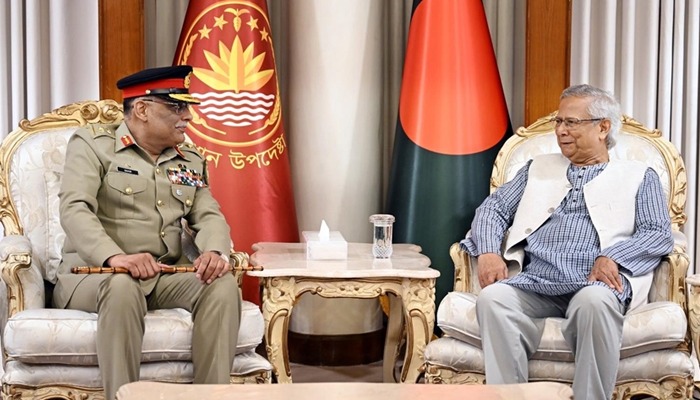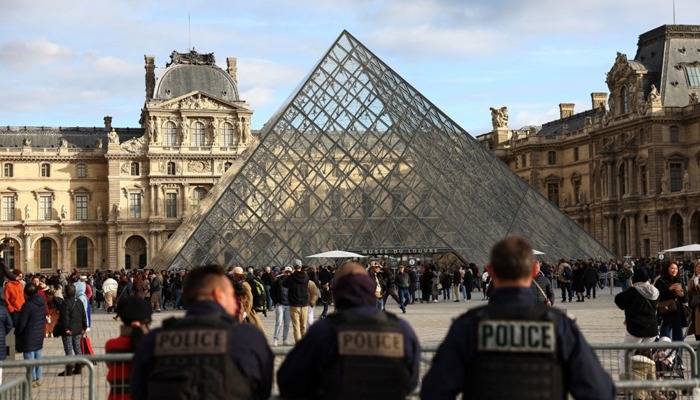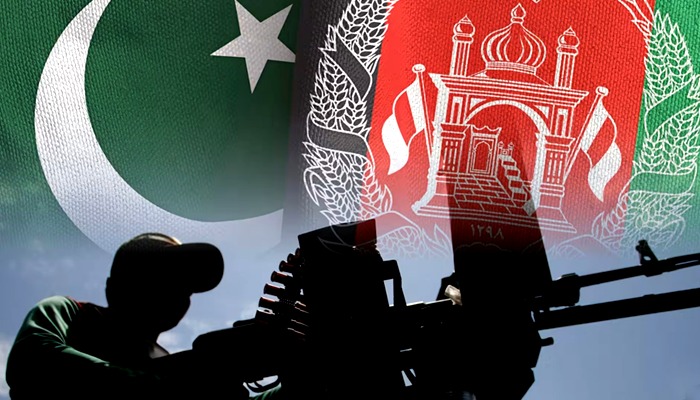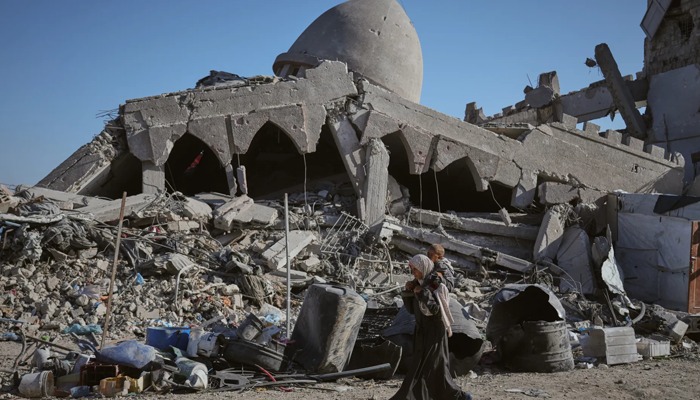NATO may establish a permanent military force to safeguard member states’ borders against Russia. The alliance’s secretary general, Jens Stoltenberg, called the action an example of “long-term effects” of the Russian invasion of Ukraine.
He told the Sunday Telegraph that NATO may increase its military presence in nations like Estonia and Latvia.
Pre-dates the Russian invasion of Ukraine on February 24, NATO’s eastern flank was known to act as a “tripwire” for any Russian action.
Mr Stoltenberg said that NATO now has 40,000 troops on its eastern borders, about ten times the amount before the invasion.
“We are now witnessing a new normal for European security,” he continued. So we’ve asked our military leaders to come up with proposals for a reset, a longer-term adaptation of NATO. I anticipate the NATO leaders to decide on this when they meet in June in Madrid.”
He defined the “reset” as “moving from tripwire deterrence to deterrence by denial or defence.”
Mr Stoltenberg added: We must ensure that we can safeguard and defend all NATO allies in a more hazardous world.
British troops will be doubled in Eastern Europe, with a fresh deployment to Bulgaria.
In the interview, Mr Stoltenberg asked other nations to help Ukraine.
Boris Johnson had just visited Volodymyr Zelensky in Kiev.
Mr Johnson covertly visited Kiev on Saturday to discuss with Mr Zelensky the UK’s plans to provide further military help to Ukraine, including anti-ship missiles and 120 armoured vehicles. This includes anti-tank and anti-aircraft weapons costing £100 million.
“Ukraine has beaten the odds and forced Russian soldiers back from the gates of Kyiv,” Mr Johnson said.
“I think the Ukrainians have showed the courage of a lion, and you Volodymyr have provided the roar of that lion,” he said on TV with Mr Zelensky.
I have no doubt that an independent sovereign Ukraine will rise again because to the bravery and fortitude of the Ukrainian people.”

